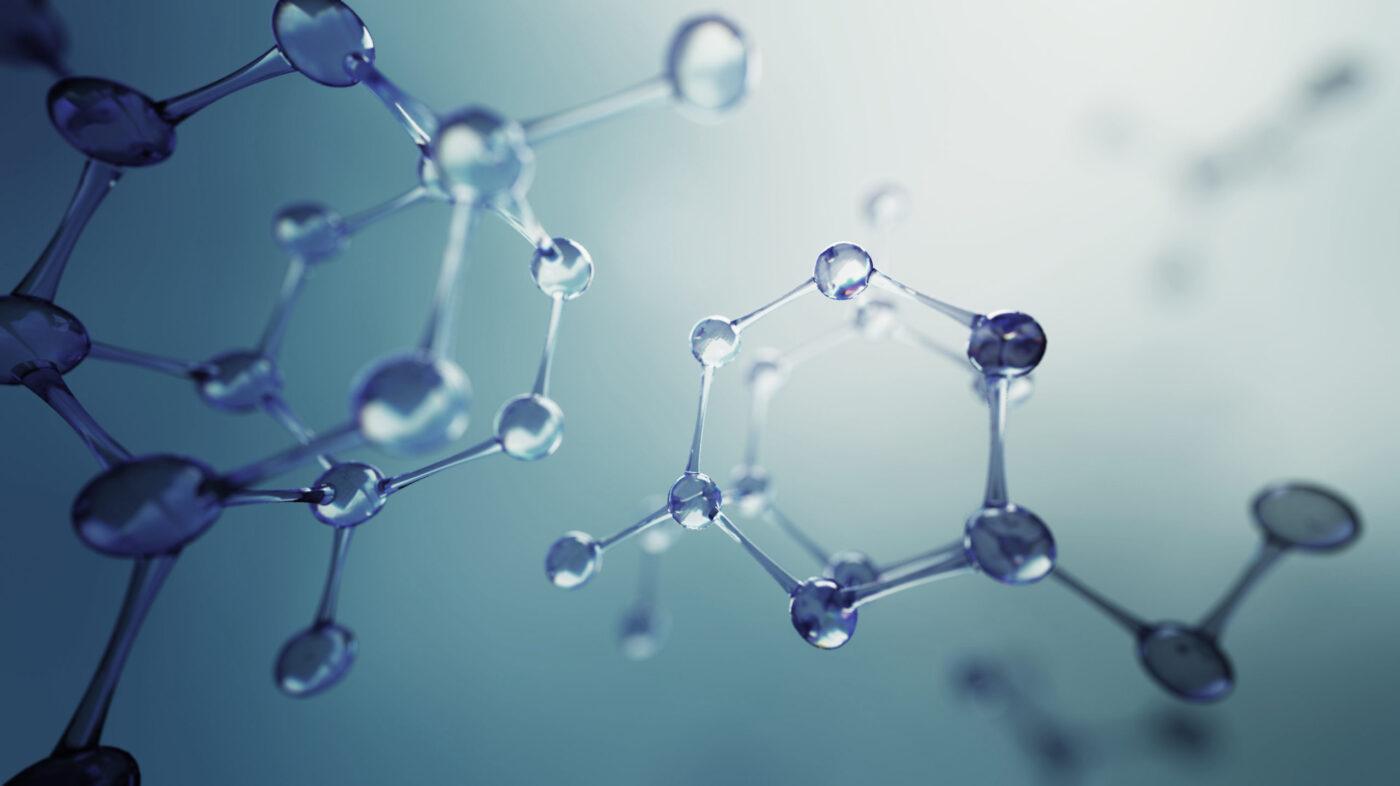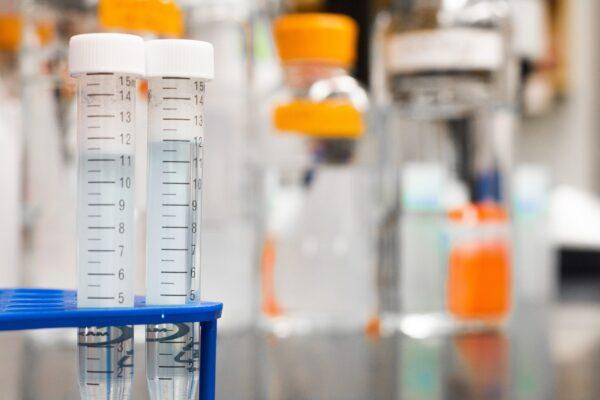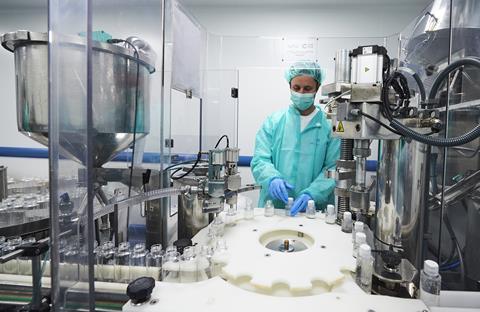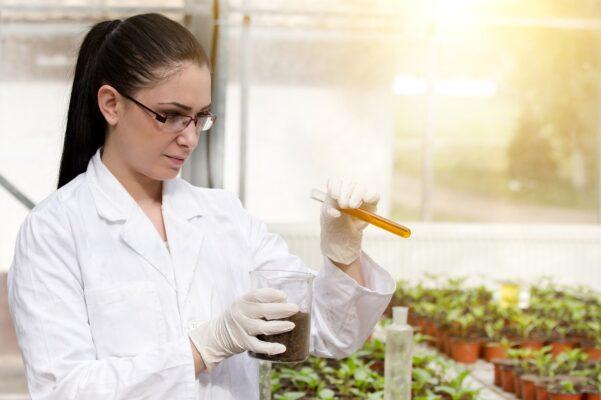No products in the cart.
BLOGS
What Are Research Chemicals
What Are Research Chemicals
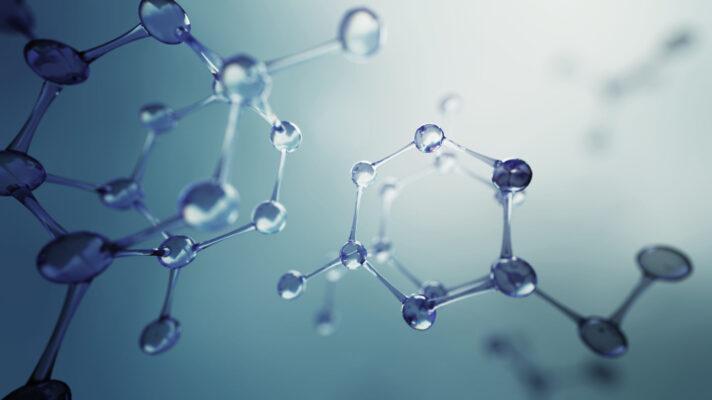
Demystifying Research Chemicals: An In-depth Exploration IN BLOG
“Want access to the best research chemicals ? Discover top suppliers and dive into groundbreaking discoveries now!”
I. Understanding Research Chemicals: An Introduction
- Defining Research Chemicals: Their Essence and Key Attributes
We’ve all brushed shoulders with a chemistry lab in high school, bubbling around with test tubes and colorful chemicals. If we zoom into the professional exploration of these mysterious substances, we find the realm of Research Chemicals. These are experimental compounds that are specifically used for scientific and medical studies. They are the unsung heroes of many groundbreaking discoveries and have attributes like purity, well-documented reactions, and they come accompanied with solid data about their composition.
- An Introduction to Research Chemicals
Now, imagine a detective. Akin to detectives collecting clues at a crime scene, research chemicals are the vital clues that scientists collect to solve the mysteries of health, environment, or any scientific conundrum. They exist in a myriad of forms, such as organic compounds, peptides, or even rare chemicals. And their “epicenter of action” is not limited to a chemistry lab; they find their utility in numerous fields like medicine, agriculture, environmental science, and beyond.
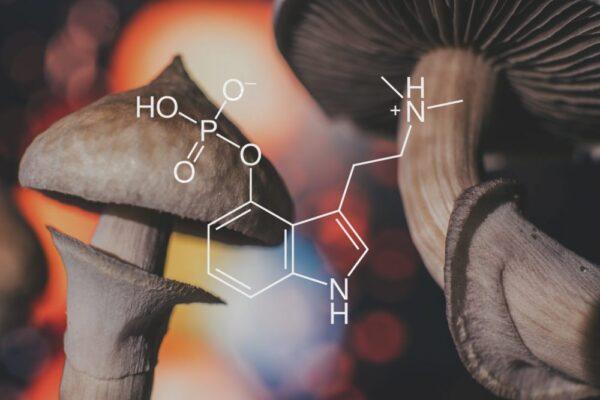
- The Unique Characteristics of Research Chemicals
Something to chew on: Did you know these chemicals have unique ids, known as CAS numbers, as unique as our fingerprints? And, unlike Justin Bieber, they’re incredibly predictable (a quality highly cherished in the world of science), which means they react in standard ways under given conditions, making it easier for scientists to manipulate and monitor them.
- Classification of Research Chemicals
Alright, folks! Time for some order in the chemical chaos! Research Chemicals can be classified based on their chemical structure, like halogens or hydrocarbons, on their purpose like therapeutic agents or agricultural chemicals, or even on their state (solid, liquid, gas). Essentially, there’s a method to this madness, helping scientists pick the right tool for their study.
- Tracing the History of Research Chemicals: The Genesis of Research Chemicals
Our scientific extravaganza begins somewhere in the 18th century when humankind just got busy deciphering the mysteries of the natural world. The term ‘research chemicals’ came into existence in the 1990s, linked to the production of compounds used for data-centered scientific studies. Essentially, they were the baby steps towards a giant leap in scientific research.
- The Evolution Over Time
Hang onto your hats, folks! The evolution of research chemicals has been nothing short of a roller-coaster ride. From rudimentary compounds like salt to complex ones like genetic mutation agents, we’ve come a long way. There’s been an exponential increase in the diversity of compounds and their degree of complexity.
- Milestone Developments in the Field of Research Chemicals
Oh boy, where should we begin! The world witnessed a record craze for research chemicals when chemist Alexander Shulgin revolutionized their use in neuropharmacology, leading to breakthroughs in mental health treatments. In more recent times, advancements like CRISPR gene editing have gained momentum, giving research chemicals a solid footing in influencing the future of mankind.
II. The Production of Research Chemicals
- The Laboratory: The Birthplace of Research Chemicals
The origin story of research chemicals unfolds in the captivating world of laboratories. Surrounded by pungent smells and lab coats, these places are the epicenters of countless biochemical reactions with these chemicals being the prime characters.
- How Research Chemicals are Produced: The General Process
Just as a pizza begins with kneading dough, research chemicals production starts with elemental reactions. Scientists combine elements in predefined conditions and ratios to get these precise compounds. It’s quite an intricate dance, with precision and timing being quintessential.
- Equipment and Tools Used in the Production
The production of research chemicals requires an orchestra of machines and tools. From mighty industrial reactors to tiny pipettes, the ensemble includes gas and liquid chromatographs for separating compounds, mass spectrometers for identifying molecular structure, and a wide range of containers for safe storage.
- Quality Control Measures in Production
Long story short, nothing short of perfection is acceptable when making research chemicals. Stringent measures are implemented to ensure purity and define characteristics. Equipment is sterilized, raw materials are evaluated, and the final product is tested rigorously. It’s as if you are making the perfect first date dinner, but for science!
III. Types of Research Chemicals and Their Applications
Pharmaceutical Chemicals
- Curating Medicines: How Research Chemicals Aid in Drug Discovery
In the quest for high-functioning medicines, research chemicals are the genies of the lamp. They form the backbone of drug discovery, helping us understand disease pathways and curate potential therapeutic agents, giving humanity a fighting chance against monstrous diseases.
Agricultural Chemicals
- Role of Research Chemicals in Crop Growth and Pest Control
Picture this: A villainous pest clan threatens to decimate your lush crop village. Who can save the day? Enter, chemical superheroes who swoop in to promote growth and combat pests. Research chemicals provide the armory for our farmers, revolutionizing our agricultural production.
Industrial Research Chemicals
- The Part Research Chemicals Play in Manufacturing Industries
Strap in folks, it’s time for a journey into the heavy-duty world of industries. Everything around us, from plastics to the paint on our walls, involves research chemicals. They help streamline production, create novel materials, and even manage waste. It’s like having a can-do-all assistant on factory floors.
IV. The Ethical and Legal Challenges Surrounding Research Chemicals
- Ethical Concerns in Using Research Chemicals
Now, stepping into touchy territory, maximizing benefits from research chemicals without hurting Mother Nature is a moral tightrope we must all walk. Genetic manipulation, environmental pollution, or lab animal testing, for instance, wage a constant battle between scientific growth and ethical responsibility.
- Research Chemicals: Monitored for Potential Misuses
Also, with great power comes great responsibility. Like an overenthusiastic party guest, research chemicals can get out of hand (think chemical weapons or drugs). Thus, their production and use are closely monitored to prevent misuse.
- The Impact on the Environment
Finally, like a bear leaving massive footprints, research chemicals also leave an environmental impact. Their production and disposal can cause pollution and affect ecological balance if not properly managed. It’s our responsibility to make sure our bear dances without trampling the forest.
V. The Future of Research Chemicals
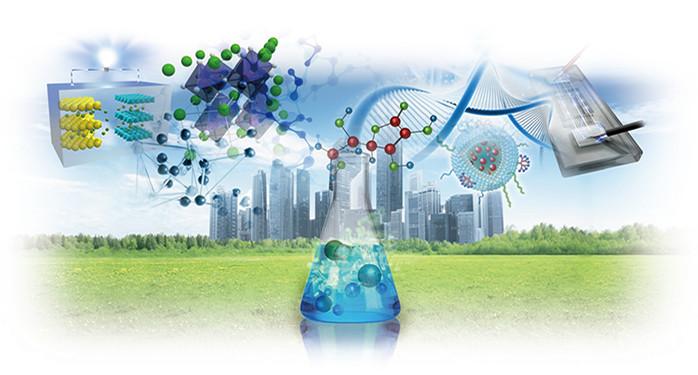
- Technological Innovations and Their Impact
Well folks, the future is dazzling bright for research chemicals. Integration of technology, like AI and Machine Learning in chemical production and research, is shaping a reality where customized chemicals can be created rapidly and safely.
- The Role in Fighting Global Challenges
From tackling health crises to climate change mitigation, research chemicals are our warriors, helping us develop everything from antiviral drugs, therapeutic cancer vaccines, to eco-friendly fuels; they’re the answer to our SOS call to save the planet.
VI. Summary and Conclusion
In the magnificent jigsaw puzzle that is scientific research, research chemicals are the critical pieces contributing to a clearer picture. From their production in capacious labs to their pivotal role in various domains, they embody the essence of scientific exploration.
VII. Frequently Asked Questions (FAQs)
Finally, we understand if all this information might have got your brain cells buzzing. So, we offer an FAQ section where we make an attempt to quench your curiosity. Whether it’s the basics or the intriguing nooks and corners of research chemicals, we’ve got you covered!
There you go folks, a comprehensive tour to acquaint you with the fascinating world of research chemicals! Like a scenic trail, the journey was full of interesting insights, moral bends, and promising future prospects. As we marvel at science’s brilliance, it’s clear that research chemicals are steering our way towards a robust, sustainable, and healthier future.
- What are research chemicals?
Scientists and researchers utilize research chemicals in their tests and studies.
Research chemicals’ safety varies depending on the particular material and how it is handled. It is imperative that safety procedures and rules be followed when handling these compounds.
- Are research chemicals legal?
The legal standing of research chemicals differs between nations. Certain chemicals could be classified as regulated, meaning their use and distribution call for certain licenses or permits. Respecting local laws and ordinances is essential.
- Where can I buy research chemicals?
Reputable vendors provide research chemicals for sale both online and offline. Selecting trustworthy providers that follow legal regulations and quality standards is crucial.
- How should research chemicals be handled?
Research chemicals need to be handled carefully and in accordance with the right safety protocols. This can entail putting on safety gear, operating in a location with good ventilation, and utilizing the proper storage containers.
- Can research chemicals be used for human consumption?
The main use of research chemicals is not for human consumption, but rather for scientific purposes. Inappropriate use of them may be harmful and even illegal.
- What are the potential risks of using research chemicals?
Risks could include toxicity, unfavorable reactions, or unidentified long-term effects, depending on the chemical and its characteristics. Working with these substances should only be done after extensive research and risk assessment.
- Are there any ethical considerations when using research chemicals?
When dealing with research chemicals, ethical considerations are very important. Subject welfare should be the top priority for researchers, and they should adhere to ethical standards and maintain openness in their work.
- How can I stay updated on research chemical regulations and developments?
It is advisable to keep up with respectable scientific journals, regulatory bodies, and professional associations that focus on research chemicals in order to remain informed.
- Can research chemicals contribute to scientific advancements?
Indeed, research chemicals are essential to the progress and discoveries of science. They make it possible for scientists to investigate uncharted territory, create cutting-edge solutions, and deepen our knowledge of a range of scientific disciplines.

